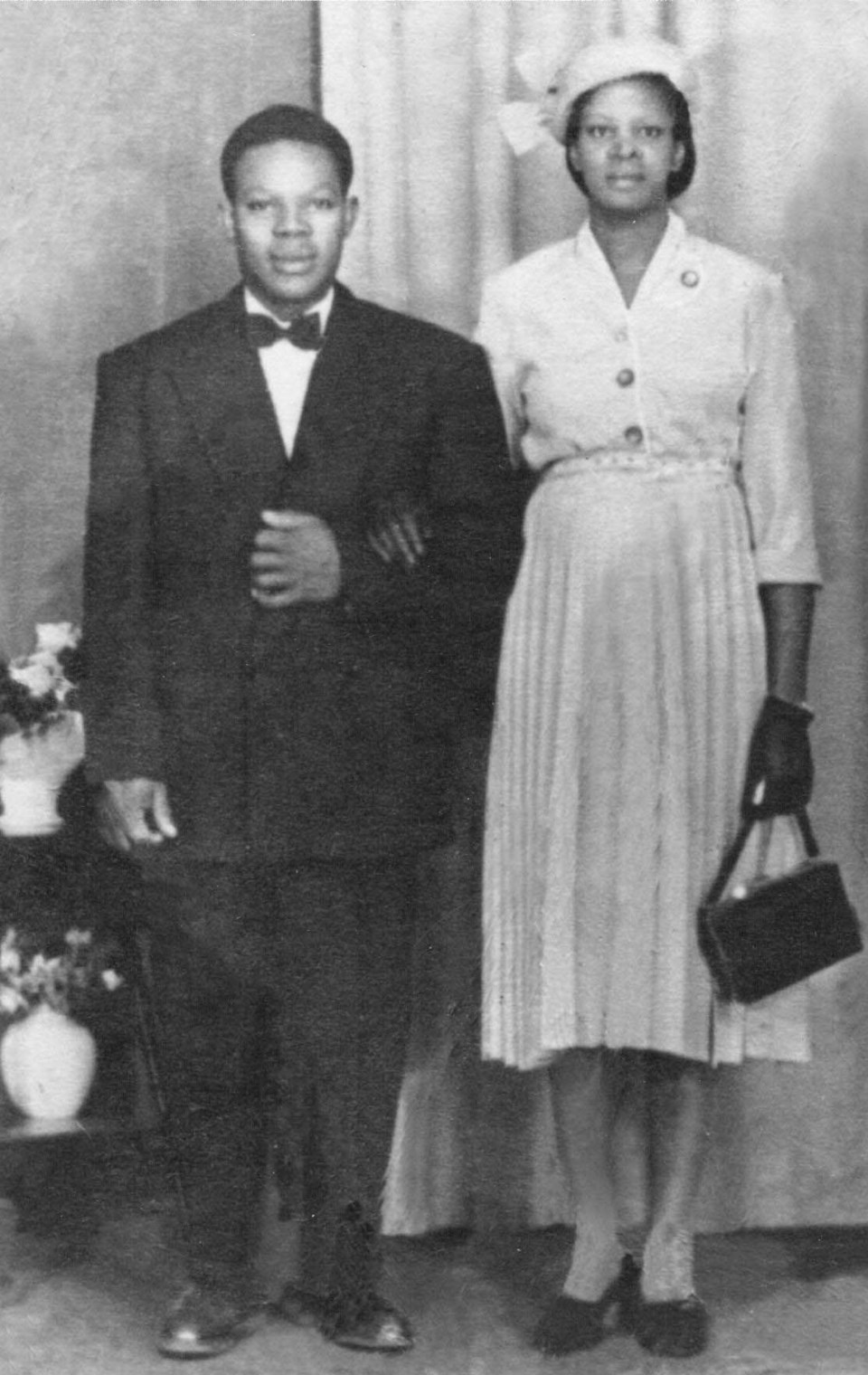February is Black History Month, a time to raise the curtain of racism and honour the legacy Black Canadians have added to our country’s mosaic.
St. Albert cookbook author, Marilyn McGreer, chose to illuminate her parents’ legacy with a screening of the documentary, The Jamaicans Go North. It takes place Friday, Feb. 16 at St. Albert Public Library.
The 30-minute documentary shines a light on the spiritual ministry Elmar Samuel Neil and his wife, Mavis Elizabeth Crawford Neil, established, as well as the challenges of being one of the few Black families in the region.
Elmar was a carpenter who settled in Alberta to give his family a better life. After an event of spiritual enlightenment, he pioneered three churches called Shiloh Pentecostal. His first church was at Amber Valley (1976), followed by the purchase of a church building in Athabasca (1982). The last church was opened in St. Albert in 1992, now under new leadership.
“Shiloh is a Hebrew term that means tranquility and rest, referring to a location and the coming of the Messiah in scripture. My father’s churches were a place where hopeful messages were preached to people who were considered ‘down and outers’ looking for a place of comfort and love,” said McGreer.
The Neil family saga begins in Jamaica where Elmar and Mavis were married and raised four children. Elmar dreamt of becoming a doctor, but finances were tight. In the search for a better life, he moved to Birmingham, England. Once established as a carpenter, the family joined him where four more children were added to the brood.
By 1966, immigration had opened in Canada and Elmar once again crossed the Atlantic to check out Toronto.
“He lived alone there for three years to see how he could make it with a large family. But Toronto was too expensive, and he came to Alberta in 1969. Alberta wasn’t booming yet, but the prospect for work was here,” McGreer said.
The family reunited on March 4 of that year full of hopes, dreams and wishes.
“Leaving friends was difficult. There weren’t a lot of people of colour when we landed, and it was very cold. Clothing can keep you warm, but we were very lonely. Everyone was white. We were used to being around a great deal of Black people, and here there were hardly any.”
The family found an apartment across the street from Coronation School in Edmonton and the four youngest children walked to school. Teachers were polite, but children were curious about the dark-skinned people that sported kinky hair and spoke with a British accent.
“Junior high kids were fine, but parents were cold. I was not allowed to have a teenage crush. I was the wrong colour. There was a boy and when I walked with my friends close to this house, I had to keep a COVID distance so he wouldn’t get in trouble.”
Elmar would often have family talks with his children encouraging them to stay strong. He also explained subtle cultural differences that could lead to wrong impressions.
“He would tell us, when you speak to someone, you look at someone in the eye. In the Caribbean, when you talk to people, you look away. Here, if you look away, people think you have something to hide.”
McGreer describes her father as a caring father figure to many in his congregation. But it was her mother’s steadfast support that allowed him to fulfill his dreams.
“I saw my mother as someone I would copy. She was my role model. She was an excellent cook and that’s why I put out a cookbook. She was an awesome support to my father’s ministry, and a great person. We continue to miss her wisdom and how she handled challenging situations. She never had post-secondary education. She just had a way with her.”
A screening of The Jamaicans Go North is hosted in partnership with Africans & African Descendants Friendship Club in St. Albert (AADFC). Following the documentary presentation, a Q&A will be held with McGreer and host Toni Harrison from AADFC.
The Jamaicans Go North starts at 7 p.m. Attendance is free. Register in advance at sapl.ca.




